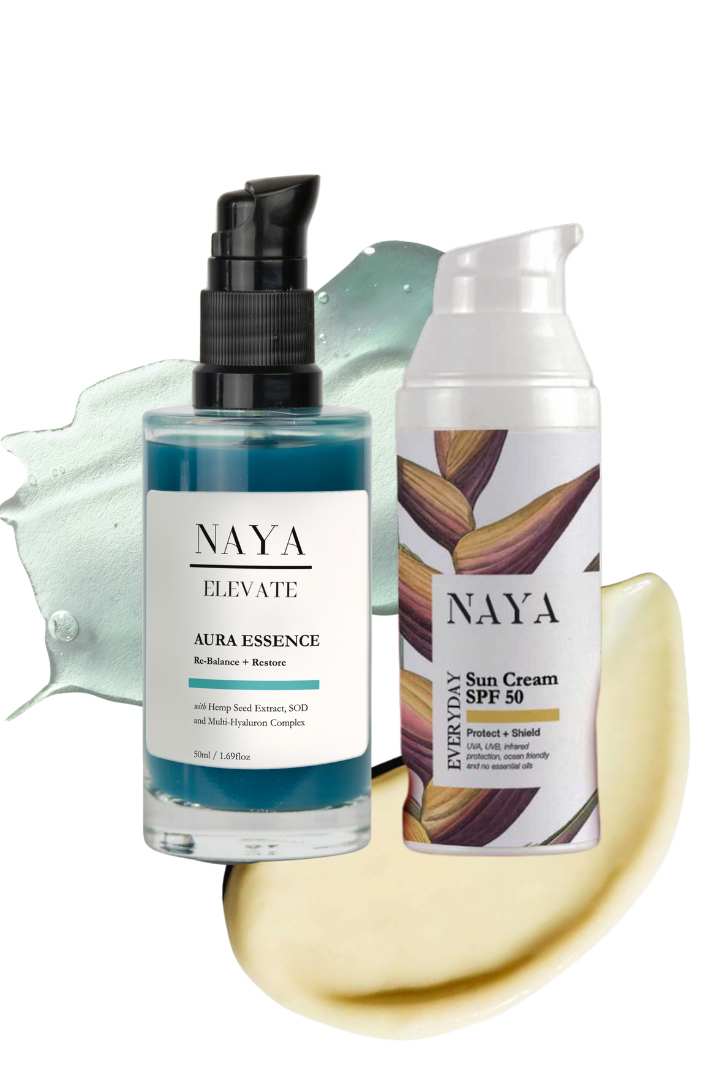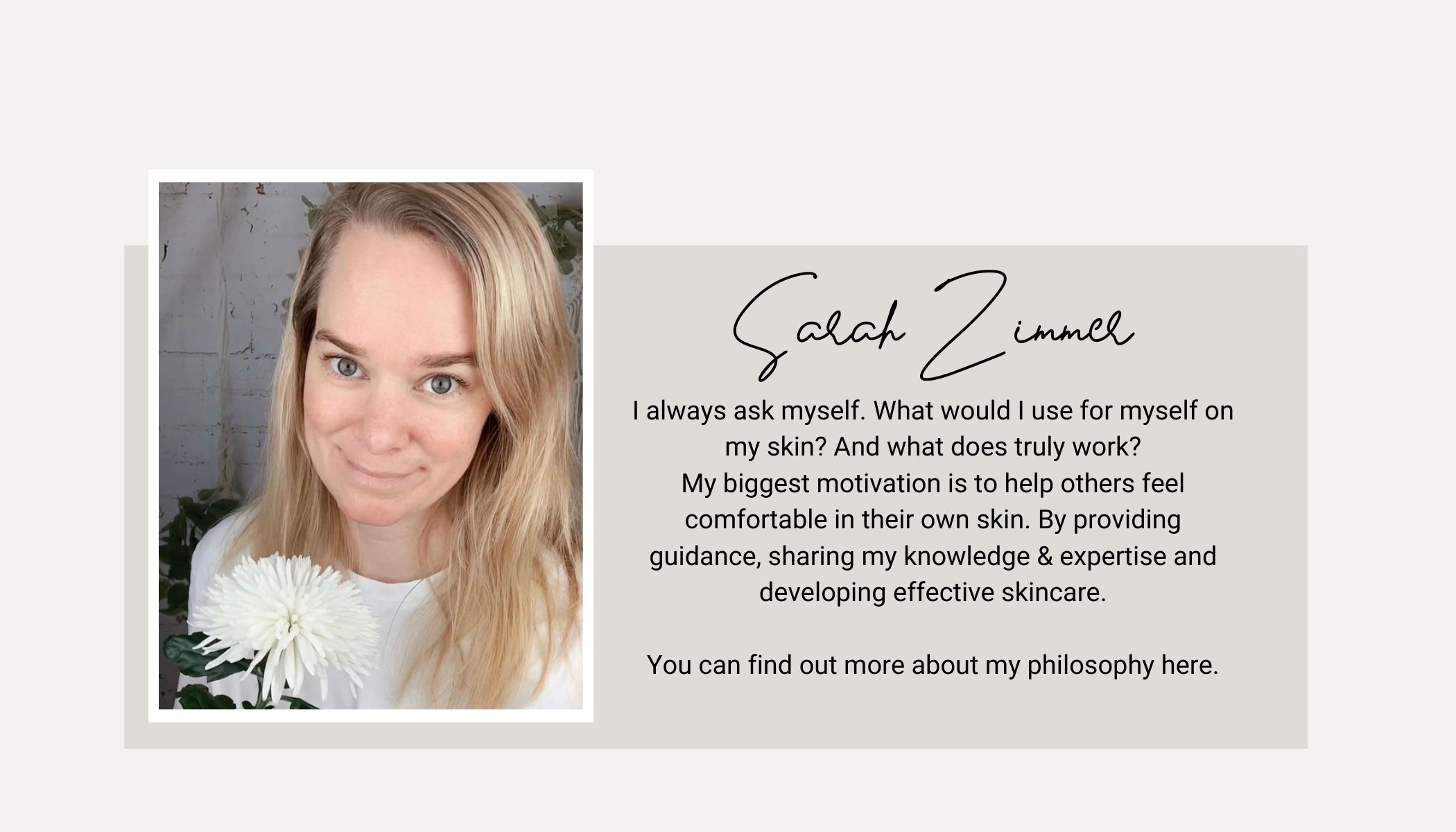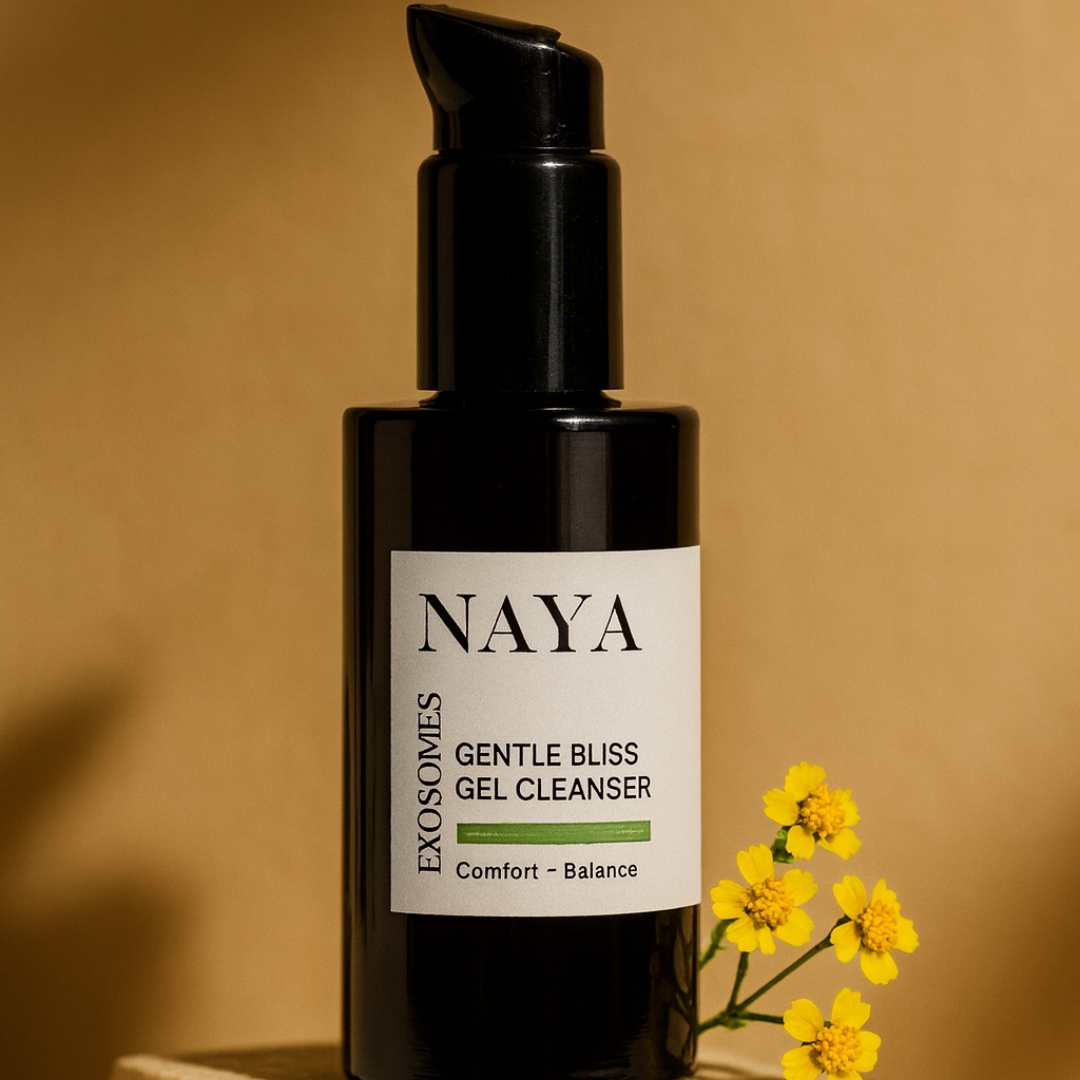Why You Should Wash Your Face and Body

Why Should You Wash Your Face (and Body)?
Cleansing is an important step in any effective skin care routine, and cleansing at night is essential to keeping skin healthy.
When you cleanse, you are allowing the skin's natural repair process to take place. Environmental pollutants and impurities, makeup, and product buildup can destroy the natural oils that act as a protective barrier for our skin. This can lead to many issues that speed up the aging process including:
- Collagen Breakdown
- Cell Damage
- Redness
- Irritation/Acne
- Dehydration
- Skin Cancer
These impurities and pollutants can also create a physical barrier that prevents products from penetrating properly.
How Should You Wash Your Skin?
When you are washing your skin, you want to remove your makeup, pollution, and other impurities without compromising the integrity of the skin barrier itself. Some important tips to remember:
- Wash your hands first, before cleansing your face.
- Use lukewarm or cool water and avoid hot water as this can cause redness and exacerbate inflammation, especially with sensitive skin.
- Avoid harsh exfoliants. A washcloth is a gentle exfoliator that you can use daily. For stronger chemical or mechanical exfoliators, 1-3x per week is sufficient.
- Dry your face with a clean washcloth. Use a new washcloth every night or flip the washcloth, so each side is used once.
When Should You Cleanse?
Evening is the most valuable time of the day to cleanse your face and body because products are up to 60% more effective during rest and relaxation. Also, your skin has the accumulation of all the dirt, debris, and makeup from the day that you need to remove before bed. In the morning, you can certainly cleanse again, but a quick rinse with water will also suffice as you are just removing residue from the products you applied the evening before. Particularly if you have dry or sensitive skin, avoiding washing your face in the morning might reduce stress for your skin.
What to Look Out for When Buying a Cleanser?
There are certain ingredients that simply shouldn't be on the INCI list. Alcohols will cause additional stress to the skin and ultimately should be avoided, especially if you have dry, dehydrated, mature, or sensitive skin. Ideally, essential oils are also avoided as they are strong alcohols that can cause irritation. Combined with lukewarm water, the smell intensity of essential oils increases.
What Cleanser Should I Use?
There are many cleansers with different textures on the market. Ultimately, it depends on your skin needs and the texture you enjoy. But there is certainly one type of cleanser everyone needs to have in their bathroom cabinet.
Below is a breakdown of cleanser types and what skin conditions they treat:
Oil and Balm Cleansers
While different in texture—one liquid and one firm—they have the same concept. These are great for troubled, acneic skin. They dissolve the excess sebum (oil dissolves oil) and protect the skin without stripping it. These are also great for makeup and sunscreen removal.
But these types of cleansers are not only great for troubled and acneic skin. They are also good for dry, dehydrated, or sensitive skin because they are hydrating and comforting and gently support the skin barrier.
Body Cleansers
Do not forget about your body. Our skin is the body’s largest organ. Stretched out, it measures about 2 square meters, with only a small percentage dedicated to our face. Twenty-five percent of our body’s immune system is contained within the skin—it regulates temperature and acts as an immune gatekeeper, protecting our organs. A quick shower with a gentle cleanser is all you need if you do not want to spend a lot of time.













Leave a comment